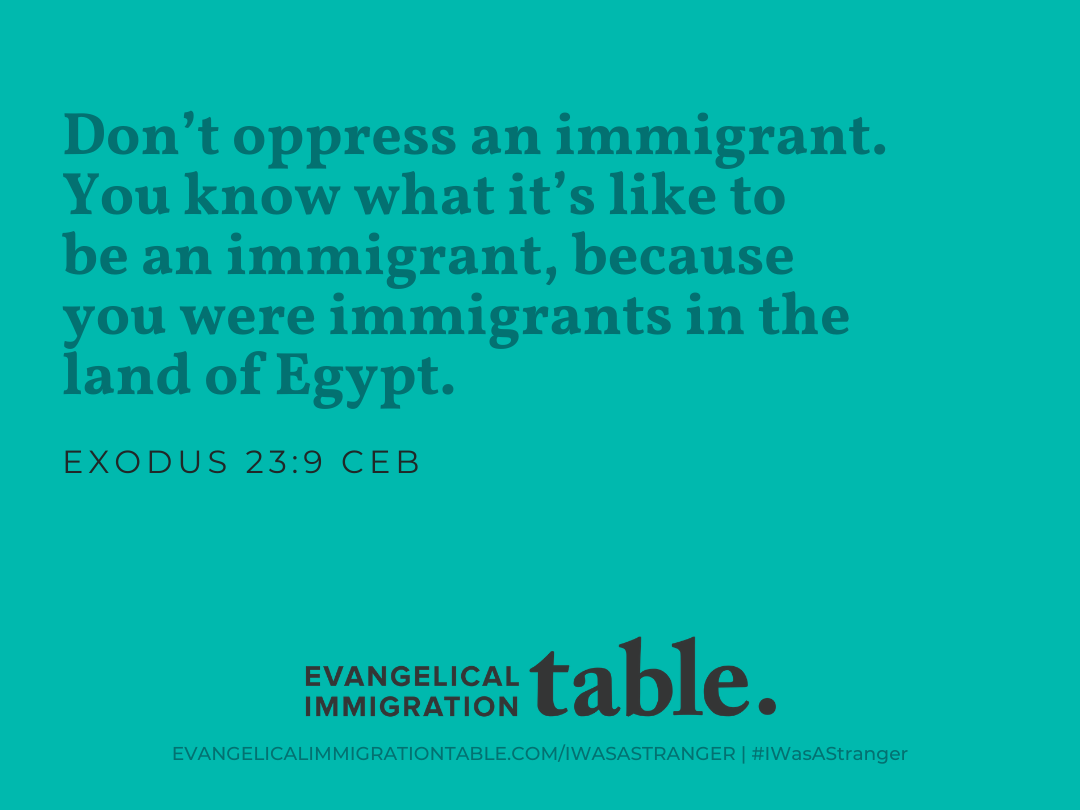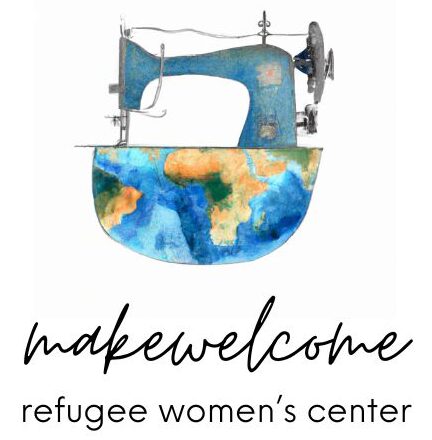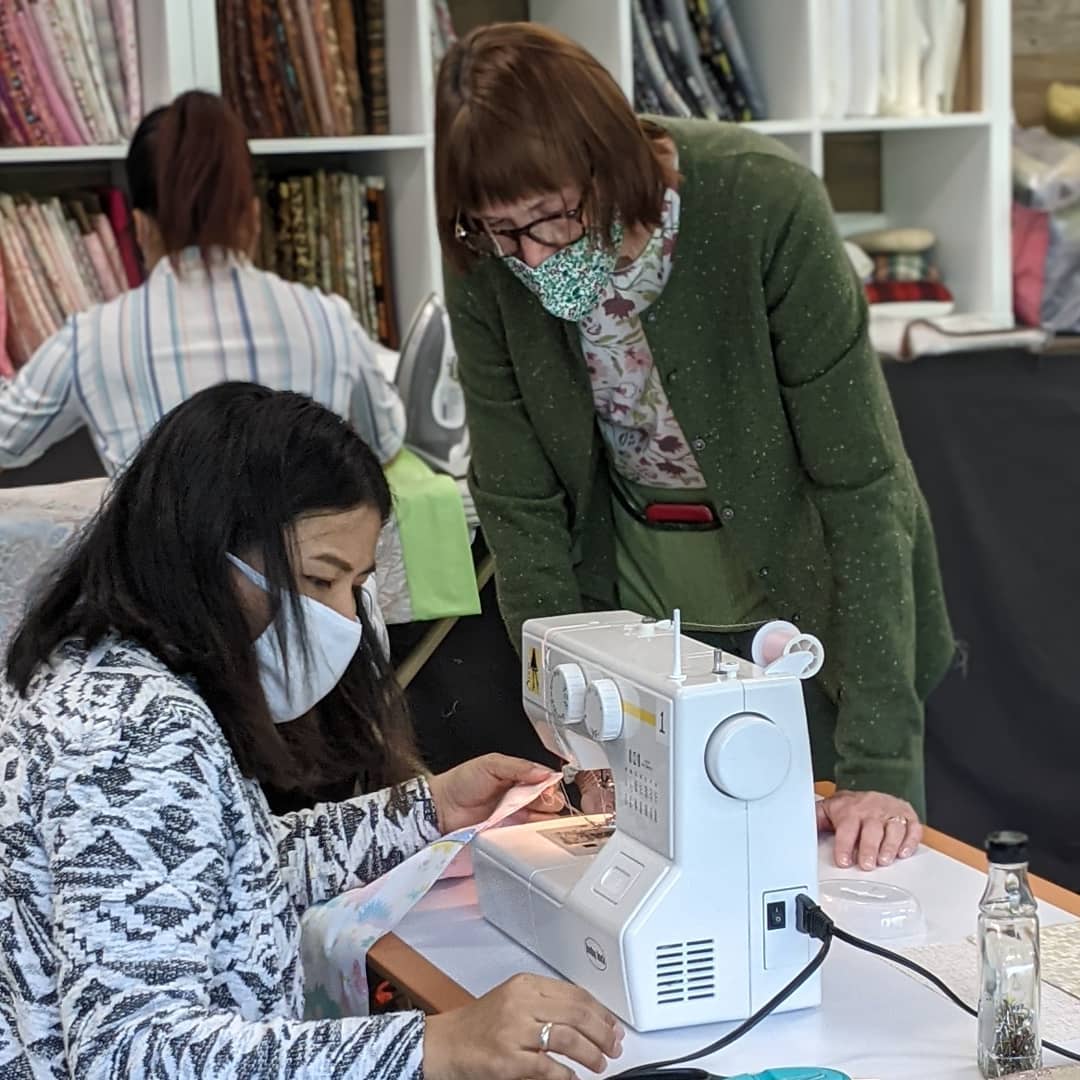PRINCIPLES OF VOLUNTEERING
What’s it look like to invest well in refugee women? Here’s some general principles to keep in mind as you volunteer:
CULTURAL AND RELIGIOUS SENSITIVITY
Ethnocentrism is thinking your way of doing things is better than another’s way of doing something. We want to avoid this…but it can be hard! You probably don’t like to be stereotyped, and instead want others to get to know you for who you are. Well, that’s the way to approach a culture that’s different than yours. Refugee families will probably want to get to know you, your beliefs, and values. Share about yourself and ask about them! Don’t challenge or disparage their faith or culture. As you get to know each other, conversations about religion and cultural values become an easy subject because you’ll have developed trust and mutual respect.
Here’s some ideas on questions to ask:
- FAMILY: This is an easy connecting point. Find out about their kids, their spouse, their family left in their home country. Just be aware that many have lost family members to war and violence, and sometimes the subject can bring up tears unexpectedly.
- OCCUPATION: What job do you have (or did you have)? What are you good at? What does your typical day’s schedule look like? Some women had careers in their home countries, some were focused on homemaking. As you dig into their hobbies and careers, many further topics of conversation will arise.
- RECREATION: Ask about dream and hopes, likes and dislikes. What sports do you enjoy? What is your favorite food? What is your favorite color? If I was to visit your homeland, what beautiful or famous places should I go see? What do you hope to do in the next year?
LANGUAGE BARRIERS
Often, you’re not going to understand them and they won’t understand you… this is okay! Just embrace the awkwardness. Refugees who do not speak English are fully aware of the language barrier, so just be patient, use hand motions, speak slowly and make the most use of translating apps. And while you shouldn’t laugh at a student’s halting English, it is perfectly acceptable to laugh at yourself and your mistakes! This can make them feel more comfortable as you both work to communicate. Learn a few words in their language too! They’ll appreciate the effort and you’ll realize how hard language learning can be.
Here’s some translation apps to help:
CULTURE FATIGUE
Resettling in a new country, learning a new language, adjusting to a new culture – it’s all exhausting! Refugee women are often navigating all this not just for themselves, but for their children too. They get emotionally worn out and the following might occur:
Complaining: Talking about how “good/better” life in their previous country was. Of course they miss home! Show compassion by listening and validating their experience. Understand that their home culture – even though now marred by war – had many beautiful things about it.
Confusion: There’s so much that refugee women don’t understand at first. Encourage them to ask questions and repeat back what they hear to make sure they understand. Most Americans will be very helpful if they need an explanation of something.
Depression: They don’t know what’s customary here, and can be surprised or shocked by how some Americans behave. Their past accomplishments and education are often not recognized now. They might feel that our culture has surprisingly different values regarding the importance of family, money, time, religion or other things. And it’s all so overwhelming. Let them know that’s okay. Try to explain how things work, but it’s also okay to just listen and sympathize.
SEEK TO EMPOWER AND CELEBRATE.
It’s common to get overwhelmed by the scope of the needs and frustrations that the refugee community faces. There are many ways you can come alongside to help, but you must remember that you’re not the fixer of all problems. It’s important not to take action on behalf of someone else when they are capable of taking action on their own. We want to come alongside and empower their giftings and strengths!
Yes, often a cultural broker (like you) is needed to help in the beginning…but as time goes on, these amazing women become more and more capable. Encourage them to try new things, celebrate their wins and speak hope into their frustrations.
For further insight into this, we’d recommend these two great books for learning more about the fine line between giving charity and investing in talent development:
- Helping Without Hurting by Brian Fikkert and Steve Corbett.
- Toxic Charity by Robert Lupton
MAKE THE BIBLE YOUR GUIDE
While immigration is certainly a political, social and economic issue, it’s also a biblical issue. For Christians whose highest authority is God’s word, our views should be formed by what the Bible says. But research suggests that many Christians have never thought about immigration issues from the perspective of the Scriptures. If you’ve never learned what the Bible has to say about immigration, now’s the time! We highly encourage you to take part in the the I Was a Stranger challenge from Evangelical Immigration Table to learn more about what the Bible says about refugees & immigrants.


